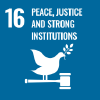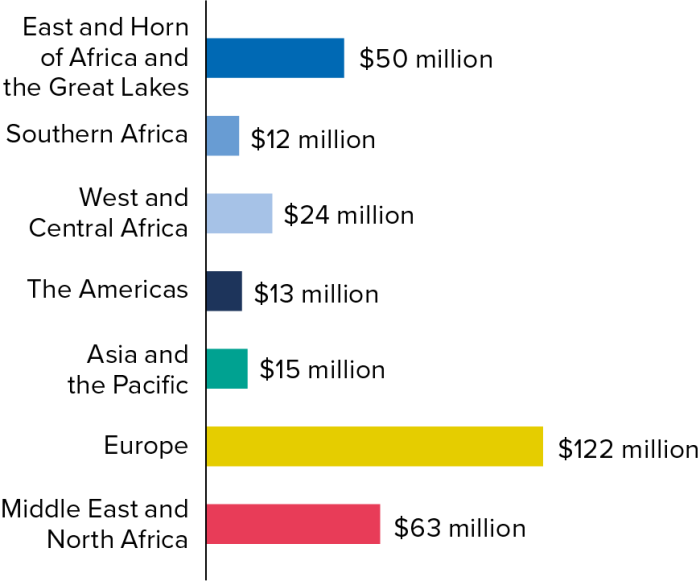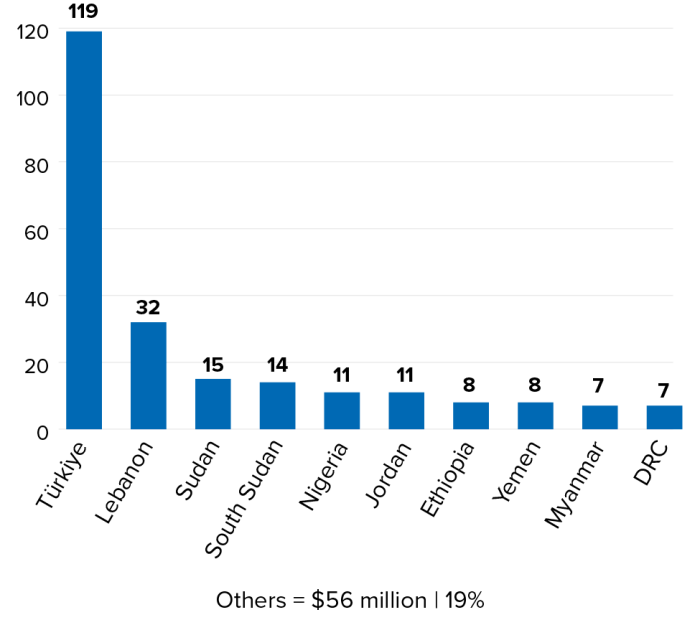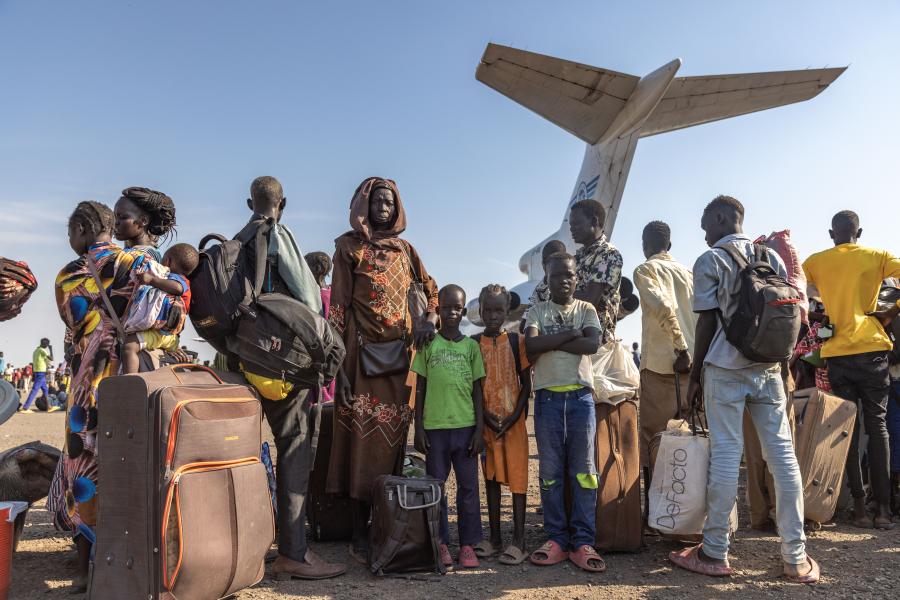Global needs in 2024

Access to justice is hindered when rule of law institutions are weak, when judicial independence is limited or when courts, administrative systems, or legal aid providers have insufficient capacity. In such cases, displaced and stateless people - may be denied their rights and progress towards Sustainable Development Goal 16 is obstructed.
Many States detain asylum-seekers and stateless persons, including children, for reasons of immigration control or legal status. Based on its 2012 “Detention guidelines”, UNHCR will continue in 2024 to work to ensure that detention of asylum-seekers is a measure of last resort and that, where detentionis unavoidable, detention conditions meet international standards. UNHCR calls for children not to be detained for immigration-related purposes, irrespective of their status or that of their parents. Detention is never in children’s best interests and harms their health and well-being, fundamentally affecting their development.
In some countries, restrictions on access to places of detention impair UNHCR’s ability to monitor and provide necessary protection services to asylum-seekers. Detention may have particularly negative impacts on asylum-seekers in vulnerable situations, including those who have suffered trauma or who have been trafficked or exposed to violence on their journeys.
Global needs for Safety and access to justice in 2024
$300 million
-10% vs 2023 current budget
Regional needs

Top ten operational budgets for Safety and access to justice (USD millions)

How UNHCR will make a difference
In 2024, in partnership with UNDP and other rule of law actors, UNHCR will aim to strengthen safety and access to justice in 85 countries. UNHCR will develop the capacity of judicial and administrative bodies, bar associations and other legal aid providers, human rights defenders and institutions, and organizations led by displaced and stateless people. Activities will include training, the development of tools for monitoring and oversight, facilitating exchanges on the interpretation and application of relevant legal standards, and supporting innovative approaches such as digital legal aid tools. Those institutions, with which UNHCR works closely, can play a vital role in enabling people to exercise their rights, providing access to legal advice, assistance and representation for displaced and stateless people. Targeted information and awareness-raising, including for refugee-led organizations and displaced and stateless women, will also reinforce their enjoyment of legal rights.
Several States, such as Belgium, Canada, Colombia, Mexico, the Republic of Moldova, Portugal and Thailand, have introduced alternatives to detention, particularly for children and their families. Through its work in the UN Network on Migration and the UN Task Force on Children Deprived of Liberty, UNHCR will contribute to evidence-based policy guidance and promote non-custodial and community-based alternatives to detention. Building upon the Global Refugee Forum 2023, UNHCR and partners will step up support to develop community-based alternatives to detention and peer learning exchanges to disseminate promising practices.
During 2022, it is estimated that more than 27,000 people were detained. UNHCR and partners will carry out detention monitoring and other interventions, including strategic litigation, to promote respect for the rights of detained asylum seekers in particularly vulnerable situations, held for lengthy periods or in inadequate conditions.
UNHCR will broaden its judicial engagement, having intervened as a third party in 13 court cases relating to the rights of forcibly displaced and stateless persons in 2022. Up to October 2023, UNHCR had intervened in 14 cases in the year to date in jurisdictions around the world.
UNHCR is partnering with the Hague Institute for Innovation of Law (HiiL) to survey the justice needs of host communities and displaced people, including in Burkina Faso, Ethiopia and Iraq.
UNHCR will strongly encourage new pledges at the Global Refugee Forum 2023 and the restatement of existing ones – including the 2019 GRF Legal Community Pledge made by law firms, NGOs, and bar associations to provide 127,000 hours per year of free legal assistance and support training in refugee law for decision-makers. In the last four years, their commitment provided more than 586,000 pro bono hours of legal support, worth $400 million.




